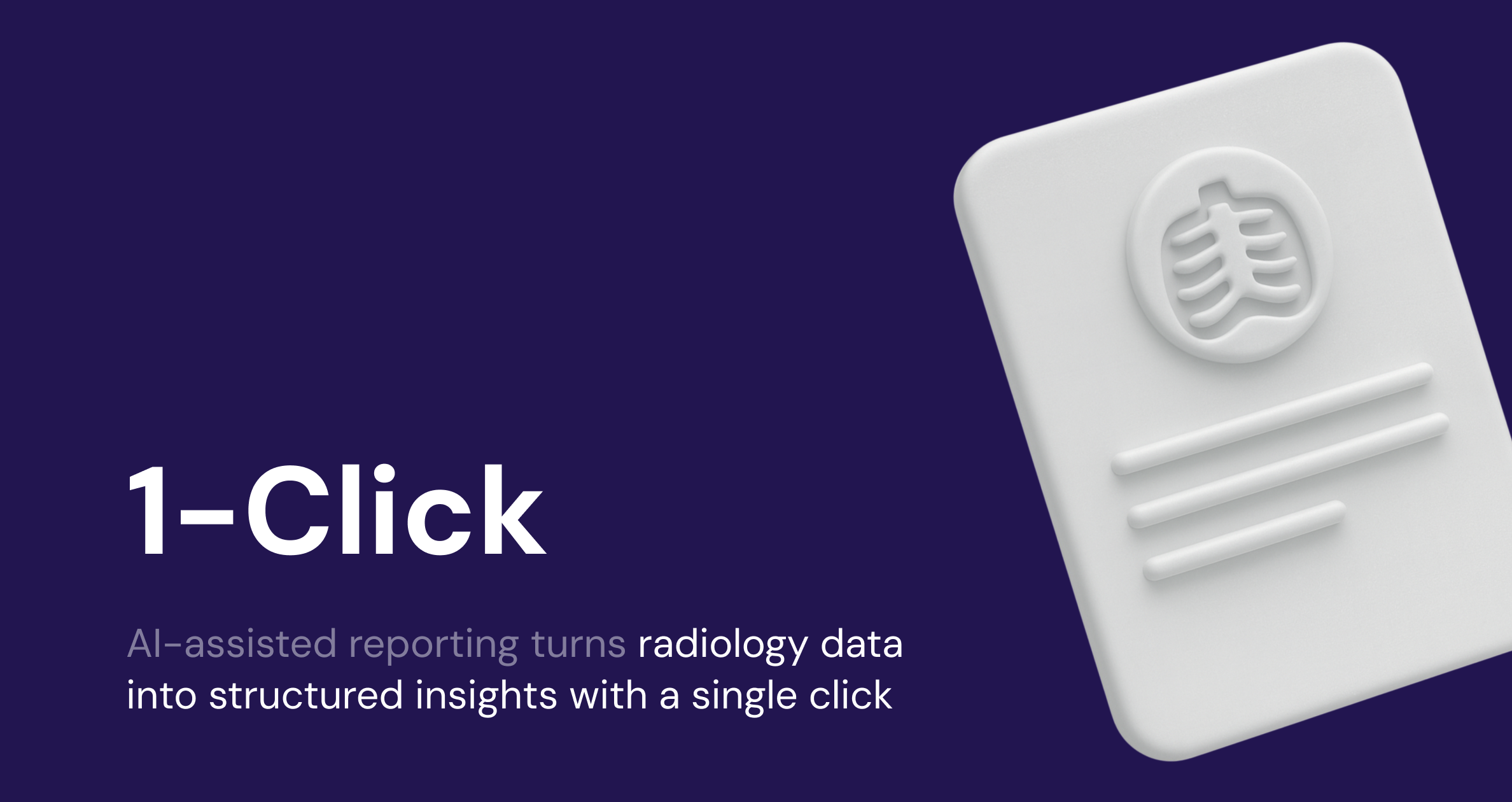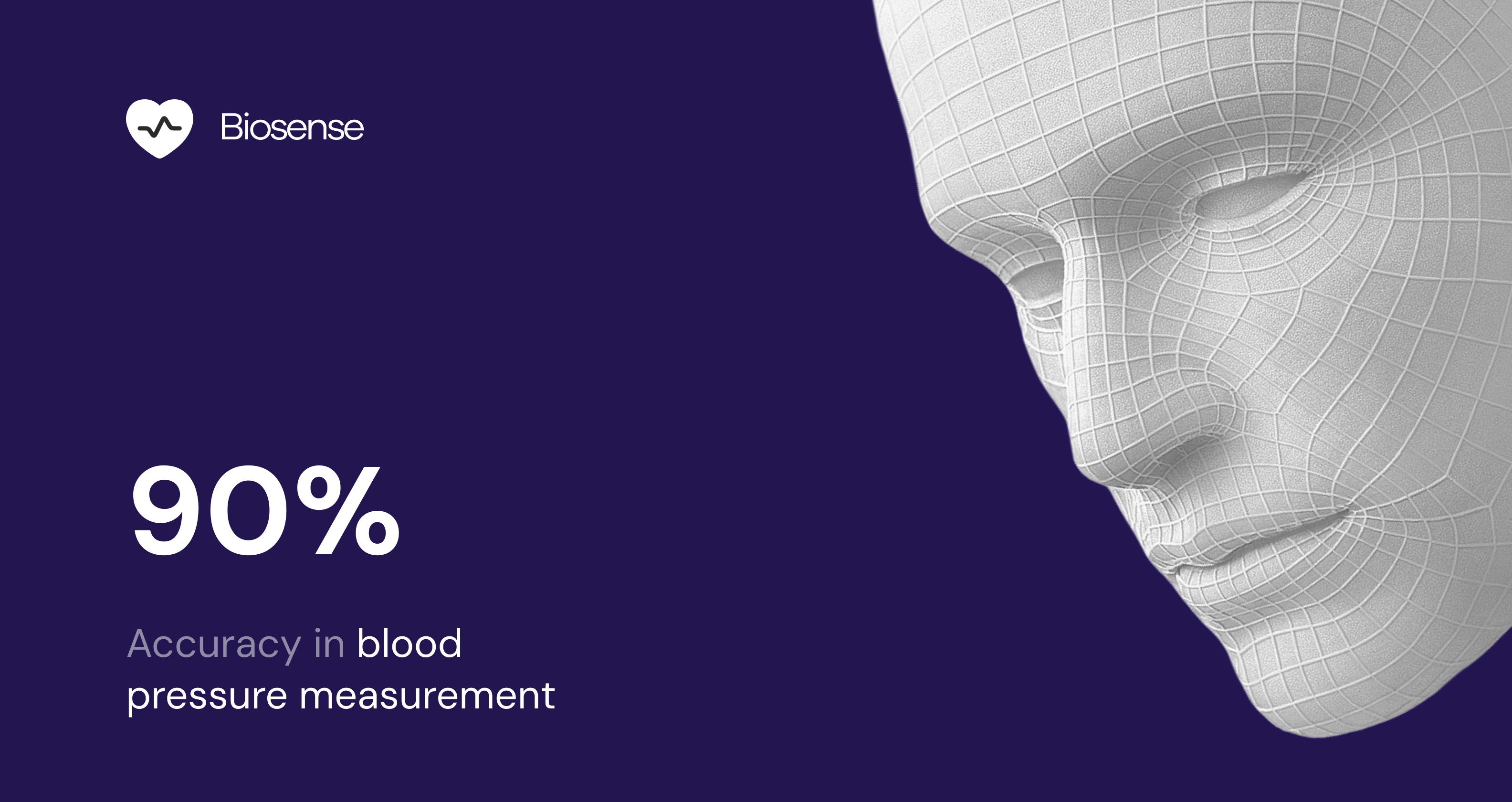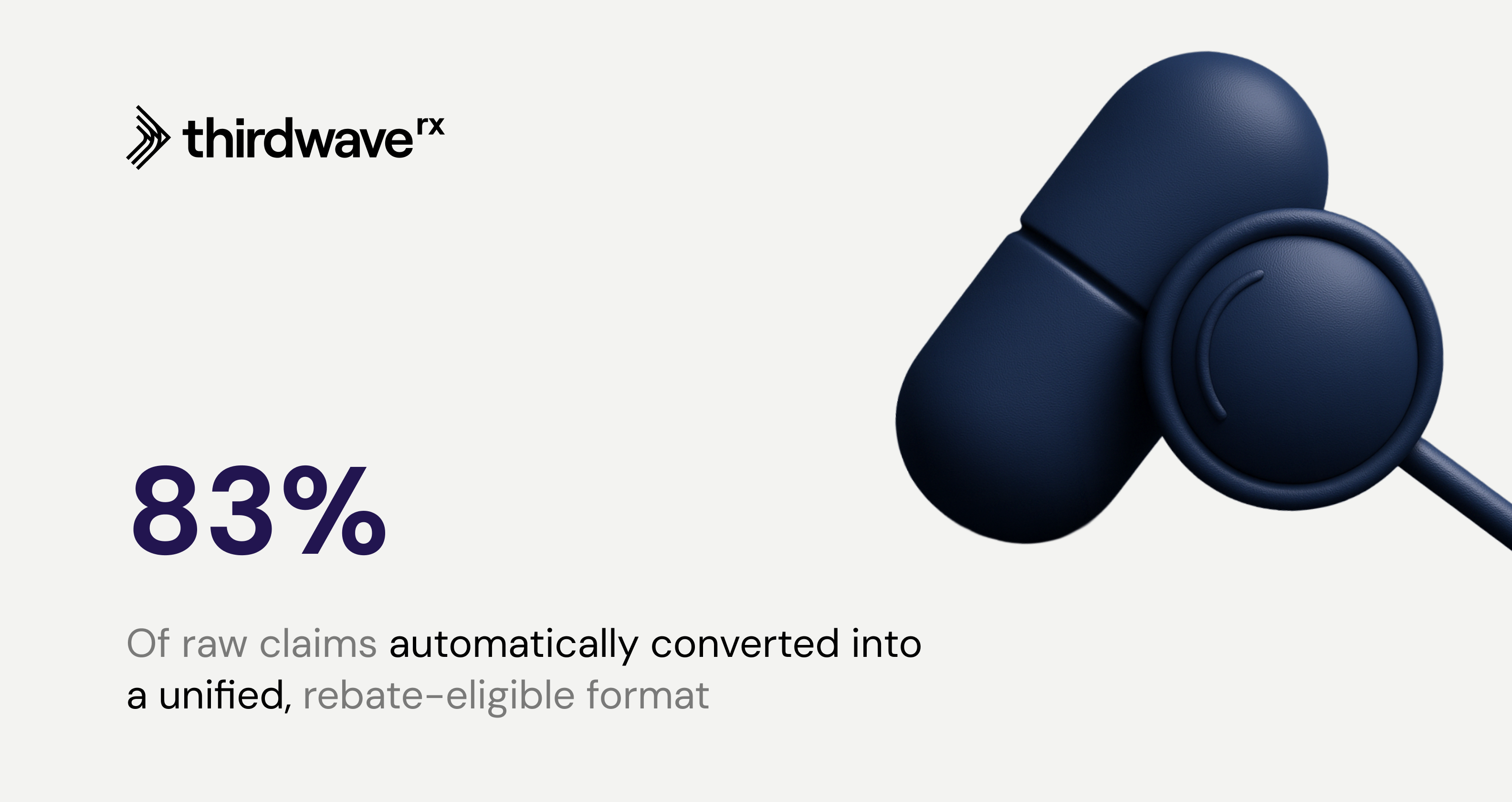This study evaluates the use of Large Language Models (LLMs), specifically ChatGPT, to analyze the forced displacement of Ukrainian refugees into Poland. By processing text messages from the “Help for Ukrainians in Poland” Telegram group, the model translated messages into English and identified key topics using K-means clustering and word clouds. The accuracy of language identification and translation was validated by human evaluators, showing high reliability (Kappa: 0.86, BLEU: 0.46). The study demonstrates the potential of LLMs for rapid humanitarian analytics without manual analysis, helping to identify key trends, needs, and locations of displaced people.
Takeaways:
- The study used ChatGPT to analyze text messages related to Ukrainian refugees in Poland.
- Messages were translated into English and categorized into key topics using AI-driven clustering methods.
- The language identification and translation capabilities of the model were highly reliable (Kappa: 0.86).
- The method allows for large-scale data analysis without human intervention, improving efficiency in humanitarian crisis response.
- Insights from LLMs can help humanitarian organizations quickly identify trends and critical needs of displaced populations.








